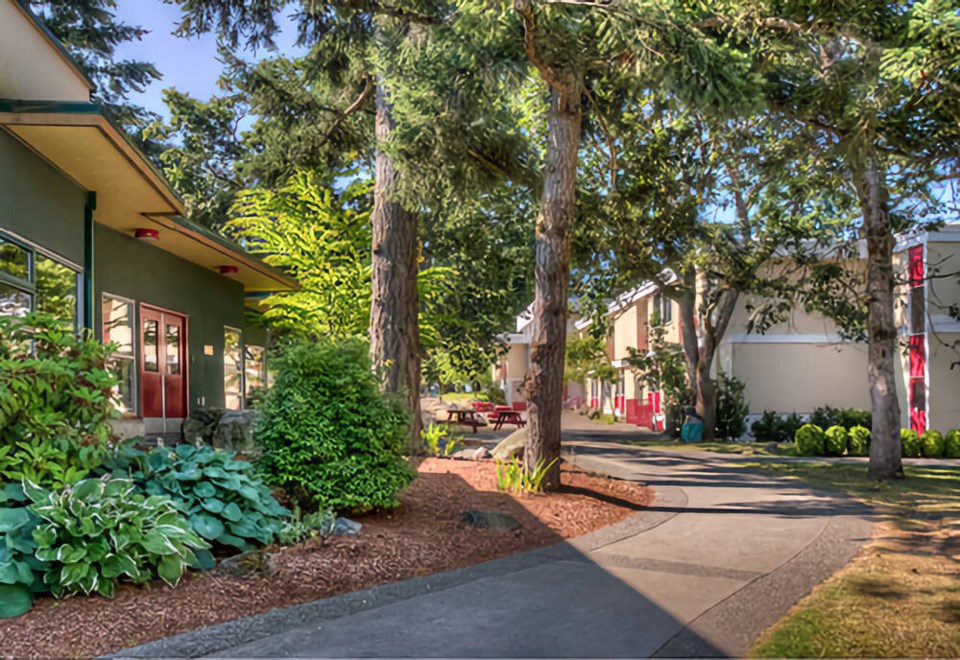A commentary by the head of school at St. Margaret’s School and a board member of CAIS, Canadian Accredited Independent Schools.
In 1908 St. Margaret’s School started educating women in Victoria. Women 115 years ago could look forward to a very limited set of career options. On Feb. 11 we celebrate the International Day of Women and Girls in Science – a testament to how much has changed in that time.
As the head of school for a unique girl-centred institution founded in 1908, I’ve seen for myself how important it is to provide an education that opens doors – especially in STEM (science, technology, engineering and math).
If those fields are more welcoming for all genders we could see positive outcomes for society and our economy. Recent findings by the World Economic Forum in their Global Gender Gap research report said “it will take 132 years to close the gender gap.” That’s a long time.
We have made progress and there is more we can do. I’m reminded of Dr. Frances Oldham Kelsey, who graduated at age 15 from SMS in 1930. As a pharmacology reviewer for the FDA she stood alone and blocked thalidomide from distribution in the United States, fighting pressure from powerful corporations.
She persevered. On Aug. 7, 1962, U.S. President John F. Kennedy presented her with the President’s Award for Distinguished Federal Civilian Service at a ceremony in the White House to recognize her strength and service to the country.
Yet her role as a woman in science hero might not have happened if her Ph.D application hadn’t been mistaken for a mans’. She applied successfully to the University of Chicago in 1936 for her chosen field in science.
In the university response letter she was addressed as “Mr. Oldham.” Kelsey wondered in her memoir, “if my name had been Elizabeth or Mary Jane, whether I would have gotten that first big step up.”
We need to recognize that gender bias still exists in science.
I’m inspired by women who share their journeys in order to close the gap and encourage more women to find their calling in STEM.
In the book Nerve: Lessons in leadership from two women who went first, one of the Canadian authors, Indira Samarasekera, talked about the value of her education at an all-girls school in Sri Lanka. She attributed her confidence and courage to pursue engineering and to see herself as a leader to her experience at that school.
My own career spans 38 years and one of my proudest has been as head of school here in Victoria, launching a program aiming to balance and respect our planet, people and prosperity for all in a sustainable framework.
What does that mean? We teach students to see the world as it is, as it can be and what is possible, St. Margaret’s School grads contributing to and creating a thriving world.
As thoughtful stewards of our planet – we hope students will stay curious and courageous, like Dr. Kelsey.
>>> To comment on this article, write a letter to the editor: [email protected]



